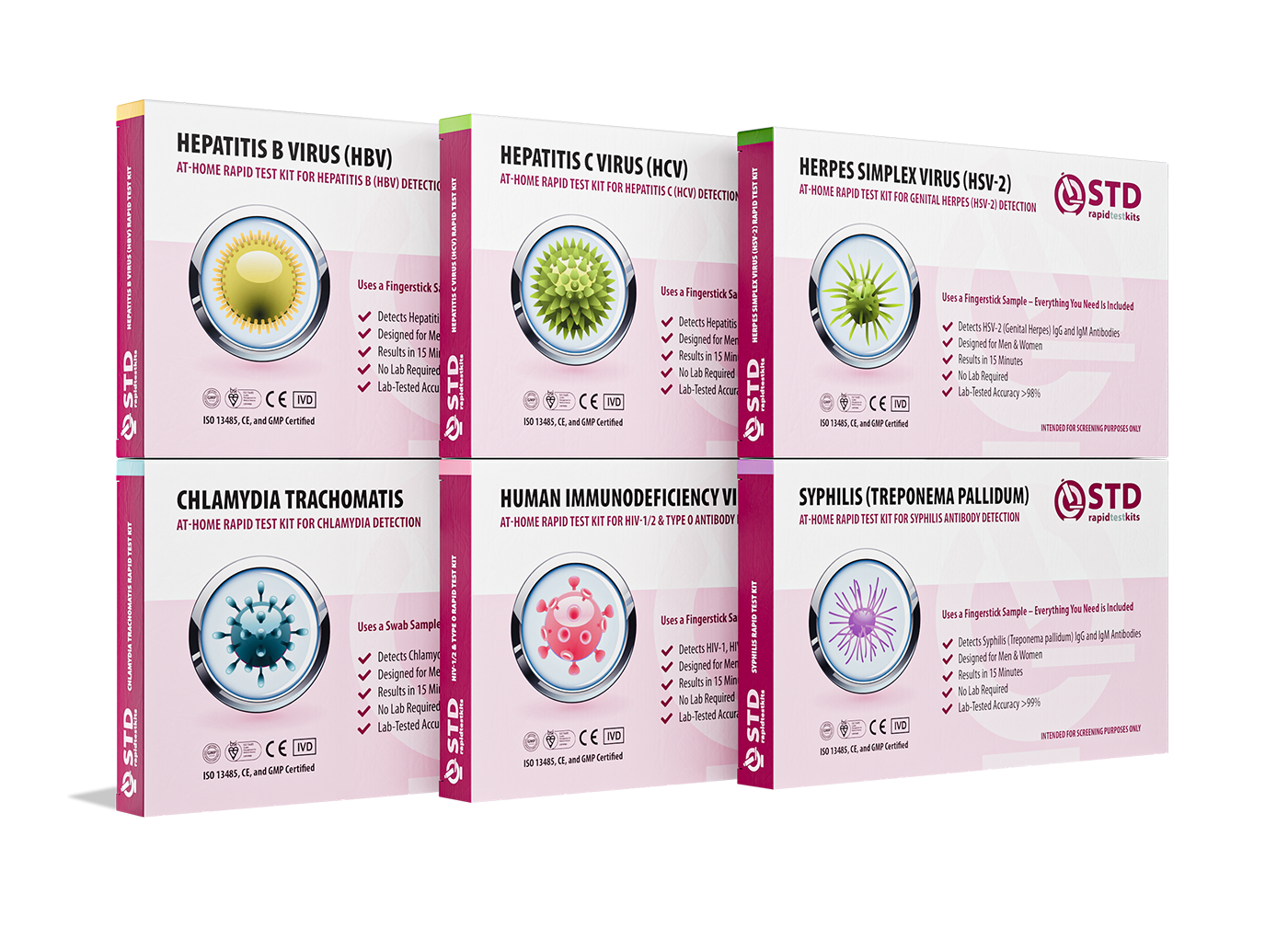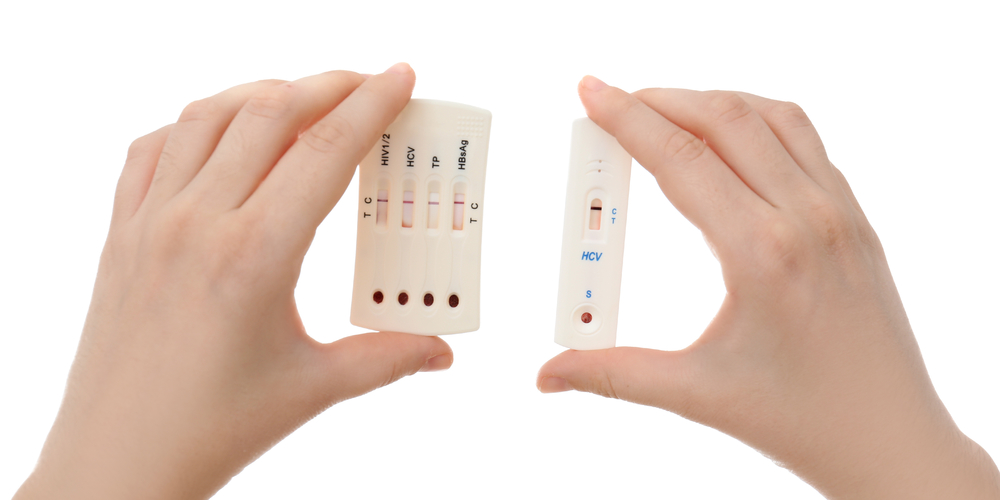The Future of STD Testing: How At-Home Kits Are Changing the Game
STD Stigma: An Overview
Stigmatization of STDs stands upon general discrimination, misconceptions, and fear of retribution. Many people, according to studies, delay getting tested out of fear of being judged or stigmatized about their sexual orientation. Individuals remain silent, which exposes their health and public health risks.
Key points to consider about STD stigma include the following:
- It limits access to reliable information while promoting misbelief.
- Too many feelings of shame or isolation prevent people from talking to one another.
- More become ill and fail to seek treatment because no one was aware there was a problem.
Education and accessible testing are steps one and two in eliminating these barriers. Secrecy allows STD stigma to thrive, but an educated conversation can break this cycle.

Positive Results of Addressing the Stigma
By creating an environment that is open to STD testing, communities are likely to benefit in a number of ways:
- Empowering Individuals: The more comfortable people are discussing their health, the more prepared they will be to take the best care of it.
- Honesty and Trust: Honesty about testing ultimately fosters a strong sense of trust and respect within relationships.
- Reduced Infection Rates: The more knowledgeable individuals are, the more likely they are to get tested and treated earlier, thus lowering infection rates.
- Improved Public Health: Societies that promote sexual health education are generally healthier.
Did You Know? The U.S. sees more than 20 million new cases of STDs every year. With regular testing, it's possible to diagnose an infection before serious consequences set in.
Order Now $129.00 $343.00 Check Your STD Status in Minutes
Test at Home with Remedium
7-in-1 STD Test Kit




For all 7 tests
The Overcoming of Stigma Attached to STDs: A Complicated Task
Of course, the added benefits notwithstanding, beating the stigma isn't quite a cakewalk.
Some of the more prevalent obstacles are listed below:
- Cultural Taboos: The taboos around talking about one's sex life exist even today in most cultures.
- Myths and Misconceptions: Misconceptions about STIs and testing deter people from coming forward to get themselves tested.
- Access to Testing: Financial or other access issues may obstruct a few people from getting tested.
- Fear of Judgment: Stereotypes and prejudice in society make people hesitate to talk openly.
Breaking the cycle: Easy availability of at-home STD testing kits and public education has to be prioritized to overcome some of these problems.
How to Overcome Stigmatization
Convincing people for candid conversation and making testing easily accessible will be facilitated by:
- Normalizing Testing: Emphasize that STD testing is as normal as a dental checkup.
- Advocating for Self-Testing Kits: Self-testing kits provide a confidential and private way of testing without societal pressure.
- Educating Through Media: Articles, films, and testimonials can help break myths when widely spread through media.
- Interactive Discussion: Let people share their problems without fear of judgment.
Every discussion is worth it. Small steps toward normalizing the conversation can bring significant change in society.

Data Analysis: The Truth About STDs
The importance of addressing STD testing is clear:
- 1 in every 5 persons in the U.S. is reported by the CDC to be infected with an STD.
- Many STDs are asymptomatic, making regular testing essential.
- Health effects can be decreased by over 70% if detection is early.
Early detection is now more accessible than ever through at-home STD testing kits.
Opinions from Experts and True Stories
According to experts, stigma reduction is crucial in public health improvement.
“As Dr. Sarah Johnson, a sexual health advocate, points out, stigmatizing sexually transmitted diseases breeds lack of prevention and treatment. Standard testing is one strong move toward healthier societies.”
Real-life scenario: A young college student shared their story of being diagnosed with an STD, showing how openness allows others to take their health issues seriously.

Trends of the Future for Sexually Transmitted Disease Testing
Streamlined and confidential STD testing is the future.
- New developments in telemedicine and at-home test kits are opening up more accessible possibilities.
- Digital platforms are increasing access to educational materials, empowering individuals with sexual health knowledge.
Misconceptions Most People Have Regarding STD Testing
Common Myths vs. Facts
- Myth: Only those with multiple partners need testing.
Fact: STDs can affect anyone, regardless of lifestyle. - Myth: Testing is invasive and painful.
Fact: Many at-home kits are painless and non-invasive. - Myth: Testing is too expensive.
Fact: Affordable self-testing kits are widely available.
Order Now $119.00 $294.00 Check Your STD Status in Minutes
Test at Home with Remedium
6-in-1 STD Test Kit




For all 6 tests
Frequently Asked Questions
1.- Why is STD testing stigmatized?
Fear of judgment and misconceptions about STDs in society maintain the stigma.
2.- Who should get tested for STDs?
All sexually active people should consider regular testing, especially those with new or multiple partners.
3.- Are at-home STD test kits accurate?
Yes, most are highly accurate when used correctly.
4.- Is STD testing anonymous?
At-home kits provide confidentiality and anonymity.
5.- How long does it take to get results?
Clinics may offer same-day results, while at-home kits take a few days.
6.- What should I do if my results are positive?
Seek counseling, further testing, and treatment from a healthcare professional.
7.- How often should I get tested?
At least once a year, or more frequently if at higher risk.
8.- Does insurance cover STD testing?
Check with your provider; at-home kits are also affordable options.
9.- Why is regular testing important?
Early detection prevents complications and stops the spread of STDs.
10.- How can we reduce the stigma surrounding STD testing?
Promoting open conversations, providing education, and normalizing testing as part of regular health care can help reduce stigma.

Taking a Stand
You can help change perspectives about STD testing and the stigma associated with it.
Share this article to raise awareness and start the conversation. If you suspect an infection, an at-home STD testing kit is a discreet, easy way to prioritize your health. Together, we can make sexual health a priority in a judgment-free culture.
Sources
1.- Breaking the Stigma: Empowering Conversations About STD Testing
2.- Combating the Stigma of STD Testing
3.- Promoting STD Testing and Awareness










